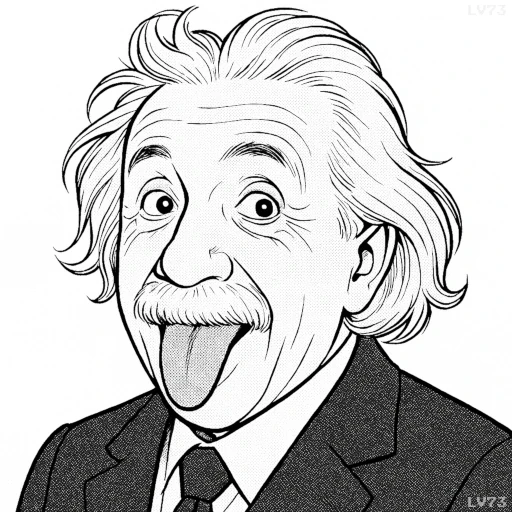“If you can’t explain it simply, you don’t understand it well enough.”

- March 14, 1879 – April 18, 1955
- German-born Jew
- Physicist
table of contents
Quote
“If you can’t explain it simply, you don’t understand it well enough.”
Explanation
In this quote, Einstein emphasizes that true understanding enables clear and straightforward explanation. He suggests that if someone cannot simplify a concept, it likely indicates they have not fully grasped it. For Einstein, depth of understanding allows for concise, accessible explanations, as simplifying complex ideas is only possible when the person explaining truly comprehends the material. This perspective highlights the value of clarity in communication and the importance of breaking down ideas to their essence.
Historically, this principle has guided educators and scientists in making knowledge more accessible. Figures like Richard Feynman, known for his ability to explain complex physics concepts simply, understood that clear explanations are a sign of mastery. The “Feynman Technique,” which involves breaking down concepts in simple terms, reflects Einstein’s insight that simplification is often a test of understanding. Einstein’s statement encourages a focus on clarity, precision, and a deep grasp of the fundamentals rather than hiding behind complexity.
In today’s world, Einstein’s quote reminds us of the importance of effective communication in education, science, and daily life. Whether teaching, sharing ideas, or solving problems, the ability to explain concepts simply can foster understanding and connection. This quote encourages us to strive for simplicity and clarity, pushing ourselves to truly understand what we seek to explain and avoiding unnecessary complexity. It underscores the idea that knowledge is best communicated when it can be shared in a way that others can easily grasp and apply.
Would you like to share your impressions or related stories about this quote in the comments section?




